Government regulations across the USA encourage safe driving and transportation of property. Truckers and transportation companies have to comply with these stipulations, otherwise, they face heavy fines and possible restrictions. Despite major improvements in road safety, truck wrecks still happen quite often. If you or your assets were involved in a truck accident, there are a few things to overlook. Read on to find out the key aspects of trucking accident law.
Government regulations regarding truck transport
The transportation sphere in the USA is regulated by different organizations, including the Federal Motor Carrier Safety Administration (FMCSA) and the Department of Transportation (DOT). Local entities provide regulations regarding overweight and oversize permits, as well as maximum height restrictions, which vary from state to state.
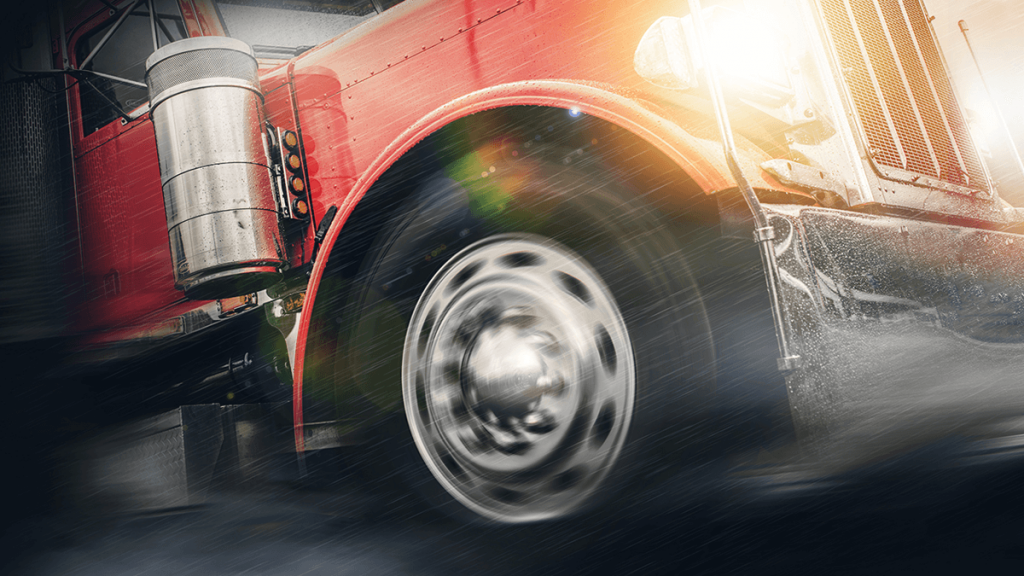
According to the latest updates in the FMCSA policy (in place since 2019), this government entity controls most aspects regarding truck transport in the USA:
- The issue of Commercial Driver Licenses (CDL)
- Mandatory drug and alcohol testing for all licensed drivers
- Vehicle marking and warning signs (for hazardous cargo)
- Stipulations regarding driver’s hours of service (HOS)
Another organization developing regulations is the Office of Hazardous Materials Safety (the OHMS). Drivers transporting hazardous materials, liquids, or substances have to follow guidelines provided by the OHMS, otherwise their licenses can be temporarily revoked.
Most Common Reasons Leading To Collision
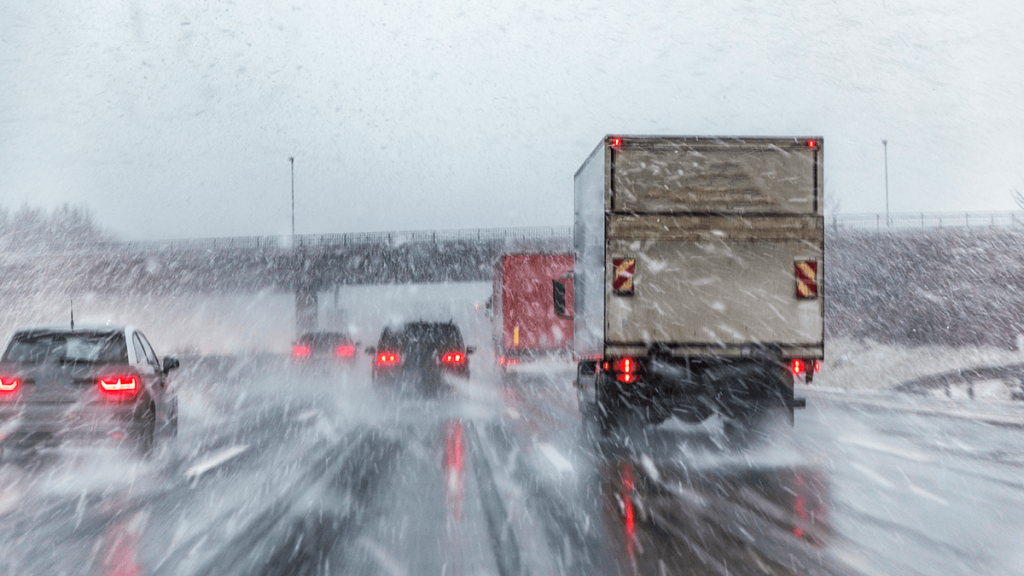
These reasons account for the most accidents recorded in the USA and result in thousands of claims to insurance companies:
- disobeying road safety regulations,
- distracted driving,
- use of intoxicants,
- fatigue (drivers can’t be on duty more than 11 hours per day or 60 hours per 7 days),
- not enough driving experience/driver’s training,
- inclement weather,
- driver’s negligence (or willful negligence),
- poorly serviced trucks/trailers,
- equipment malfunction/failure (a tire explosion or worn parts, for instance),
- and dangerously and improperly loaded cargo.
Some collisions end without major damage, while some turn into tragedies. The FMCSA collects data about the mortality rates from trucking accidents on a regular basis. Between 3,000 and 5,000 people die every year from truck collisions in the USA.
Who is liable for a truck accident if it happens
18-wheeler accidents/collisions are considered more complex due to:
- greater damage,
- larger insurance rates and claims,
- and more severe injuries and a greater chance of fatalities.
You are eligible for compensation provided that you or your shipment are insured if either were involved in a truck accident. Insurance companies offer different liability policies for domestic transport providers, so there are a few aspects you can’t leave unnoticed in trucking accident law.
Most trucking companies carry “vicarious liability”. This means that they don’t want to be fully responsible for truck accident compensations, so other people involved in an 18-wheeler collision can be also liable for damages (depending on who is found to be at fault).
Drivers themselves are generally not responsible for faulty or previously damaged parts on their vehicles/cargo, and take photos of the vehicles/cargo prior to loading. In cases of damages/claims, we also request that customers email us the photos or explanation of an issue, then we review it and provide the carrier’s insurance information to them. Finally, the insurance company decides who is liable for compensation, depending on damage type and provided reports.
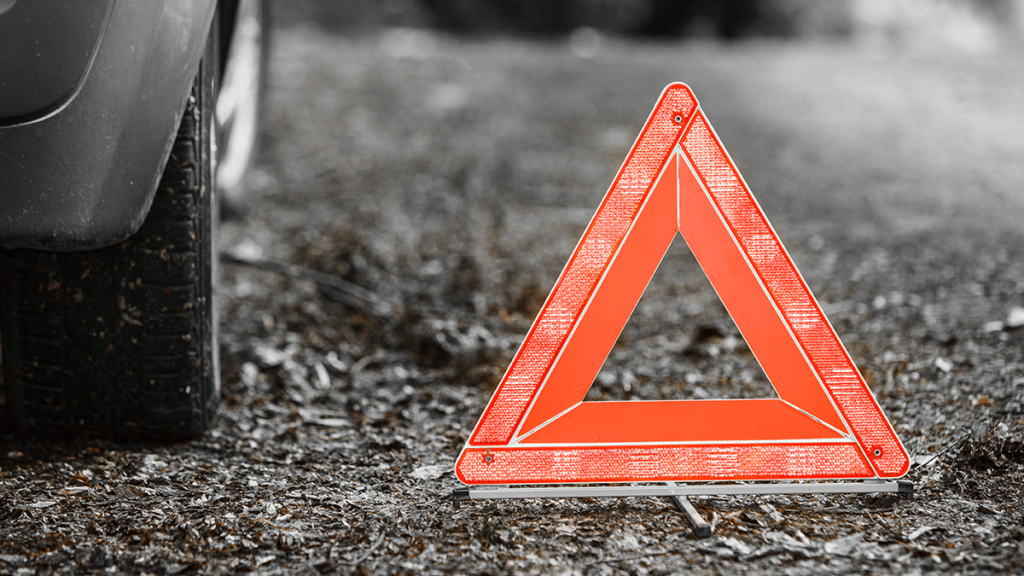
It’s crucial to name all the parties that can be responsible, or litigation can fail. For example, if a truck collided with another car because of any defective equipment, the entity that supplied the faulty parts can be accountable for reimbursements. For a better understanding of liabilities, we recommend consulting your insurance company and shipping firm on the matter.
What to do if you are involved in a truck wreck
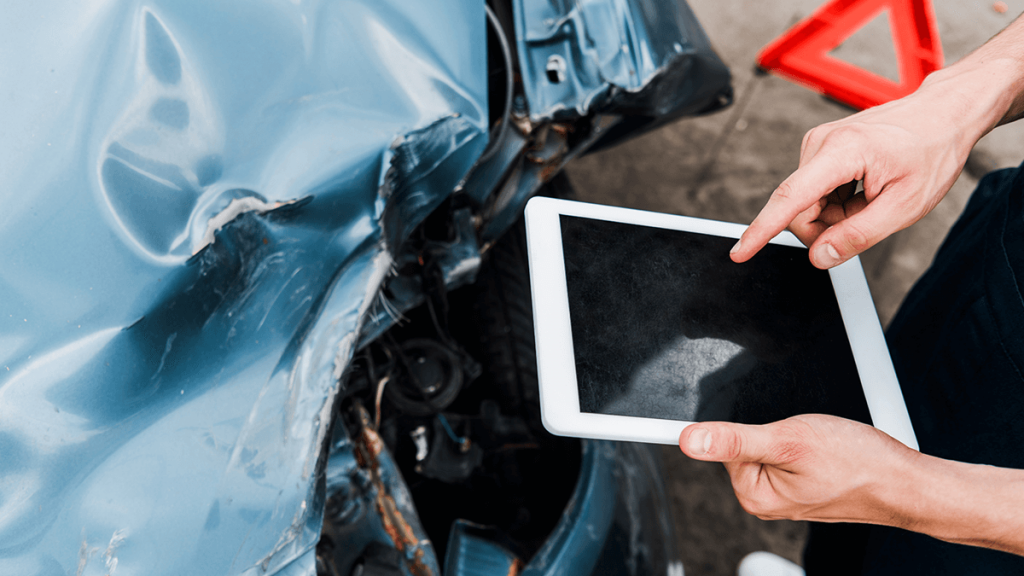
- Call emergency services (911 or any other available if you aren’t in the US).
- Don’t leave your car, if it is safe to do so or if you aren’t injured.
- Never leave the place where an accident happened before emergency response arrives: you can provide the police with collision-related information.
- If you’re safe and sound, take photos of the damages caused by/to your car/truck.
Bottom Line
Forewarned is forearmed, and finding a reliable transport company that uses only bonded and insured drivers is step one, like EasyHaul. We find and assign professional truck drivers for domestic deliveries, and we are responsible for making sure that they have commercial driving licenses. Once you order shipping with us, you can monitor delivery status updates in real-time in your personal account or sign up for SMS notifications on your phone. Despite the heavy competition, we keep our shipping rates affordable and strive to make shipping easy for you. Get ahold of us with your questions at + 1 (360) 776-3596 (6:00 AM – 4:00 PM PST, Monday through Friday), or use our online form to reach our team.

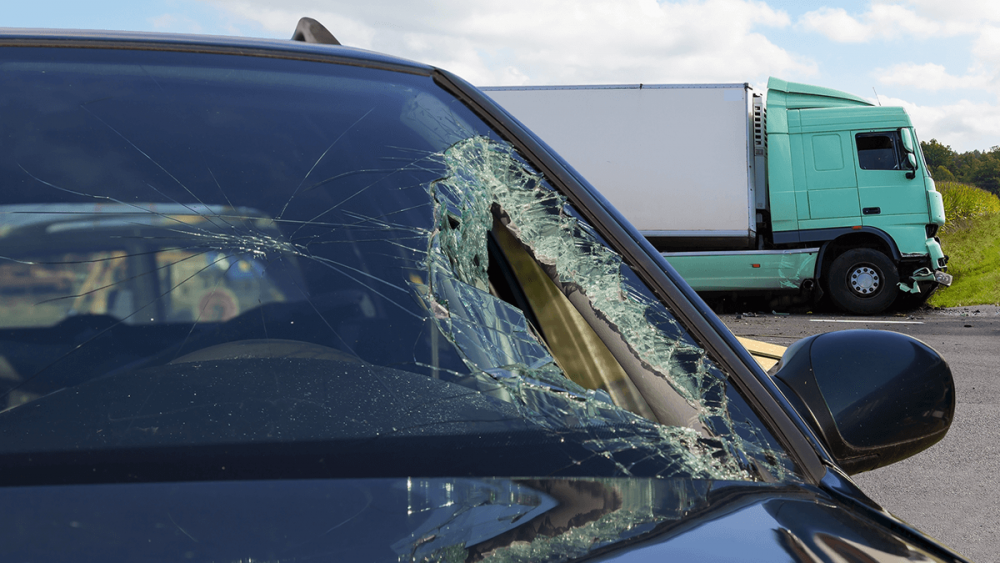
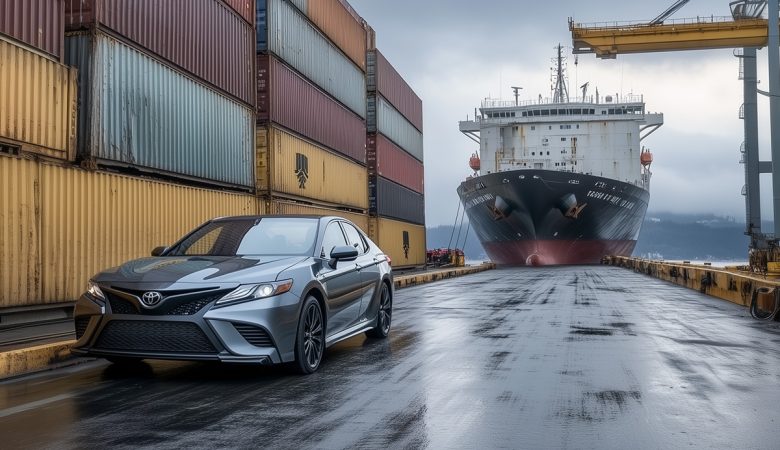
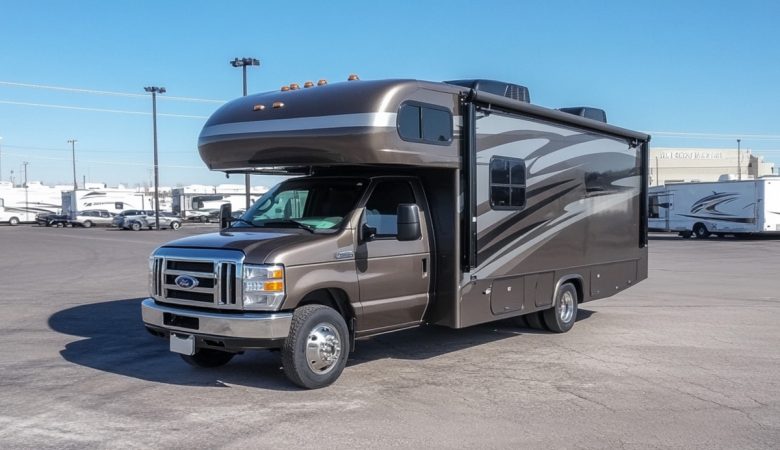
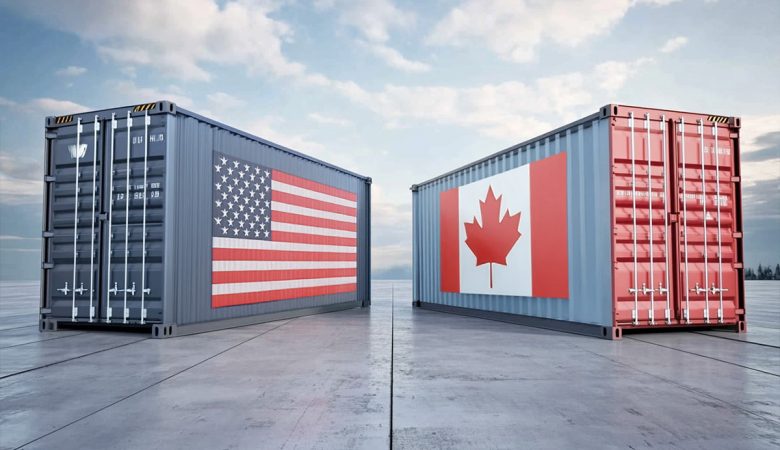
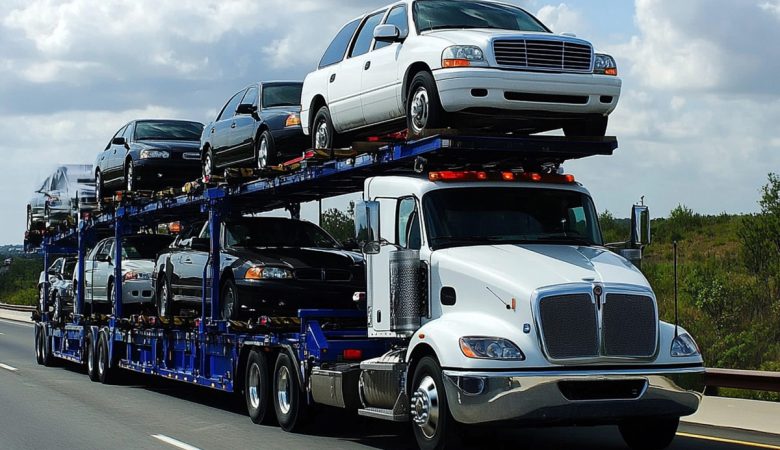
Leave a Reply
You must be logged in to post a comment.